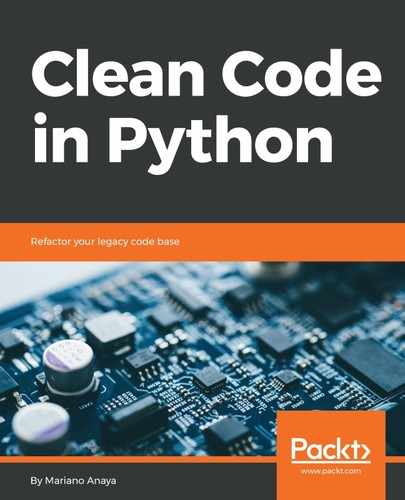Simply put, don't use mutable objects as the default arguments of functions. If you use mutable objects as default arguments, you will get results that are not the expected ones.
Consider the following erroneous function definition:
def wrong_user_display(user_metadata: dict = {"name": "John", "age": 30}):
name = user_metadata.pop("name")
age = user_metadata.pop("age")
return f"{name} ({age})"
This has two problems, actually. Besides the default mutable argument, the body of the function is mutating a mutable object, hence creating a side effect. But the main problem is the default argument for user_medatada.
This will actually only work the first time it is called without arguments. For the second time, we call it without explicitly passing something to user_metadata. It will fail with a KeyError, like so:
>>> wrong_user_display()
'John (30)'
>>> wrong_user_display({"name": "Jane", "age": 25})
'Jane (25)'
>>> wrong_user_display()
Traceback (most recent call last):
File "<stdin>", line 1, in <module>
File ... in wrong_user_display
name = user_metadata.pop("name")
KeyError: 'name'
The explanation is simple—by assigning the dictionary with the default data to user_metadata on the definition of the function, this dictionary is actually created once and the variable user_metadata points to it. The body of the function modifies this object, which remains alive in memory so long as the program is running. When we pass a value to it, this will take the place of the default argument we just created. When we don't want this object it is called again, and it has been modified since the previous run; the next time we run it, will not contain the keys since they were removed on the previous call.
The fix is also simple—we need to use None as a default sentinel value and assign the default on the body of the function. Because each function has its own scope and life cycle, user_metadata will be assigned to the dictionary every time None appears:
def user_display(user_metadata: dict = None):
user_metadata = user_metadata or {"name": "John", "age": 30}
name = user_metadata.pop("name")
age = user_metadata.pop("age")
return f"{name} ({age})"
